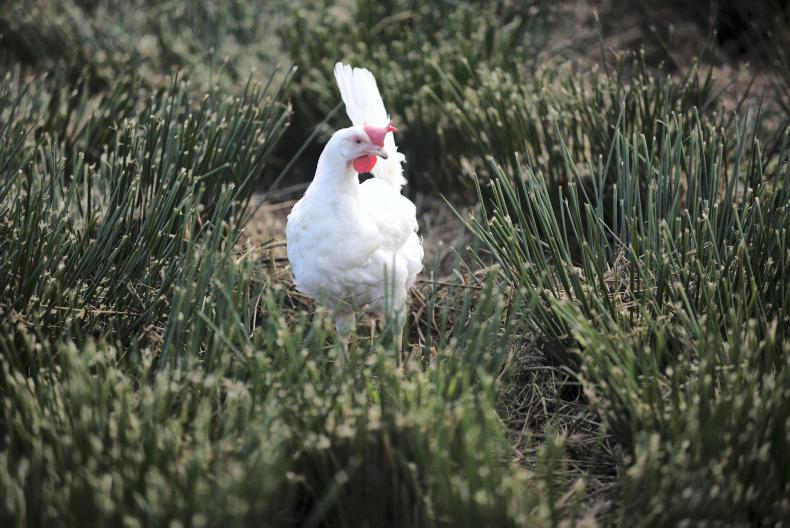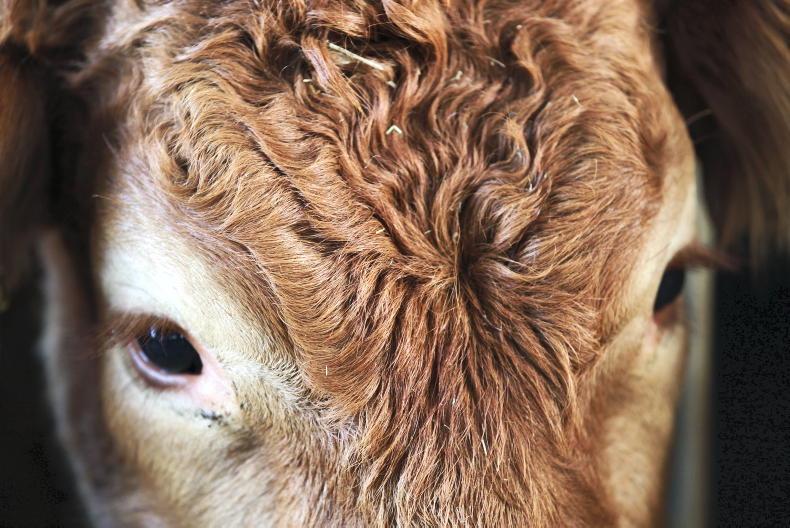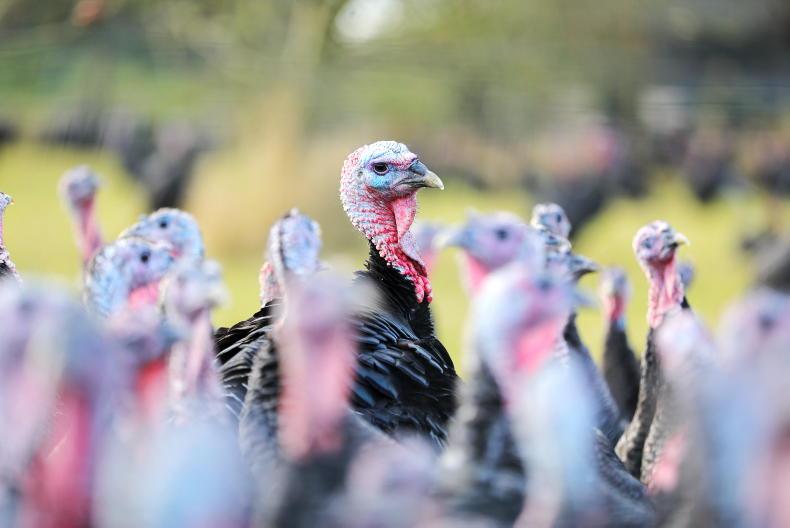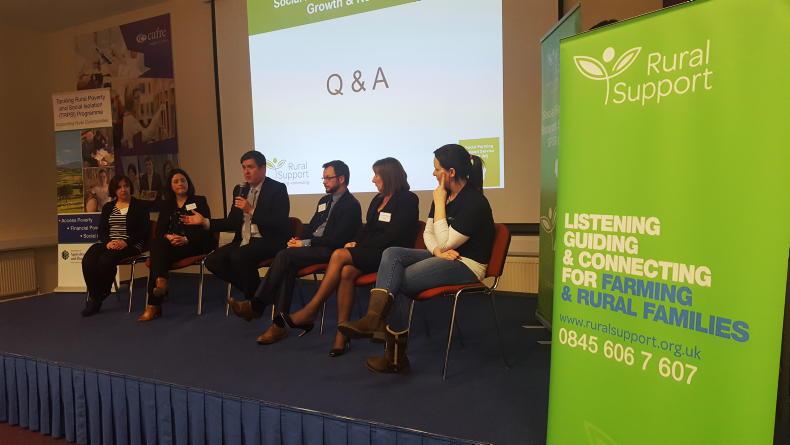It was confirmed on Tuesday that Low Pathogenic Avian Influenza (LPAI) of the H5 strain has been found in the UK. The strain was found in a flock of broiler breeder chickens at a commercial farm in mid Suffolk. Approximately 27,000 birds at the farm have been affected.
LPAI is a less serious strain of H5 avian influenza. It can cause mild breathing problems, but affected birds will not always show clear signs of infection. The last confirmed case of LPAI in the UK was in Dunfermline in January 2016.
Risk in NI low
Northern Ireland chief veterinary officer Dr Robert Huey said: “In Northern Ireland, the risk to poultry remains low. However, Avian flu is a constant threat to all poultry. In the winter months there is always an increasing risk of disease incursion from migrating birds and were it to enter our Northern Ireland flock, it would have a significant impact on our poultry industry, international trade and the wider economy."
All bird keepers are urged to remain vigilant and to alert DAERA if they suspect any signs of the disease in their flocks
He advised that all poultry keepers, including those keeping game birds and pet birds, need to act now and maintain good biosecurity at all times in order to reduce the risk of transmission of avian flu to their flocks.
“All bird keepers are urged to remain vigilant and to alert DAERA if they suspect any signs of the disease in their flocks,” he said.
According to the NI Department of Public Health, the risk to people from the virus is very low and the Food Standards Agency has said that bird flu does not pose a food safety risk for UK consumers. Thoroughly cooked poultry and poultry products, including eggs, are safe to eat.
A detailed investigation is in progress to determine the most likely source of the outbreak and any potential spread associated with it. The Department of Agriculture, Environment and Rural Affairs will continue to work closely with colleagues in the UK department on the issue.
UFU response
The Ulster Farmers' Union deputy president, David Brown, said: “While the risk to poultry in NI remains low, we strongly recommend that all poultry keepers, including backyard keepers, review their biosecurity measures and business continuity plans now. Producers should familiarise themselves with DAERA’s guidance on good biosecurity and if you have any suspicion of disease within your flock, you should contact your vet or the local DVO immediately.”
If anyone finds dead swans, geese, ducks or other dead wild birds, such as gulls or birds of prey, they should report them to the DAERA helpline on 0300 200 7840. Read more
Department issues bird flu warning
EU 2030 outlook: more milk and poultry, less beef and pig meat
It was confirmed on Tuesday that Low Pathogenic Avian Influenza (LPAI) of the H5 strain has been found in the UK. The strain was found in a flock of broiler breeder chickens at a commercial farm in mid Suffolk. Approximately 27,000 birds at the farm have been affected.
LPAI is a less serious strain of H5 avian influenza. It can cause mild breathing problems, but affected birds will not always show clear signs of infection. The last confirmed case of LPAI in the UK was in Dunfermline in January 2016.
Risk in NI low
Northern Ireland chief veterinary officer Dr Robert Huey said: “In Northern Ireland, the risk to poultry remains low. However, Avian flu is a constant threat to all poultry. In the winter months there is always an increasing risk of disease incursion from migrating birds and were it to enter our Northern Ireland flock, it would have a significant impact on our poultry industry, international trade and the wider economy."
All bird keepers are urged to remain vigilant and to alert DAERA if they suspect any signs of the disease in their flocks
He advised that all poultry keepers, including those keeping game birds and pet birds, need to act now and maintain good biosecurity at all times in order to reduce the risk of transmission of avian flu to their flocks.
“All bird keepers are urged to remain vigilant and to alert DAERA if they suspect any signs of the disease in their flocks,” he said.
According to the NI Department of Public Health, the risk to people from the virus is very low and the Food Standards Agency has said that bird flu does not pose a food safety risk for UK consumers. Thoroughly cooked poultry and poultry products, including eggs, are safe to eat.
A detailed investigation is in progress to determine the most likely source of the outbreak and any potential spread associated with it. The Department of Agriculture, Environment and Rural Affairs will continue to work closely with colleagues in the UK department on the issue.
UFU response
The Ulster Farmers' Union deputy president, David Brown, said: “While the risk to poultry in NI remains low, we strongly recommend that all poultry keepers, including backyard keepers, review their biosecurity measures and business continuity plans now. Producers should familiarise themselves with DAERA’s guidance on good biosecurity and if you have any suspicion of disease within your flock, you should contact your vet or the local DVO immediately.”
If anyone finds dead swans, geese, ducks or other dead wild birds, such as gulls or birds of prey, they should report them to the DAERA helpline on 0300 200 7840. Read more
Department issues bird flu warning
EU 2030 outlook: more milk and poultry, less beef and pig meat









SHARING OPTIONS